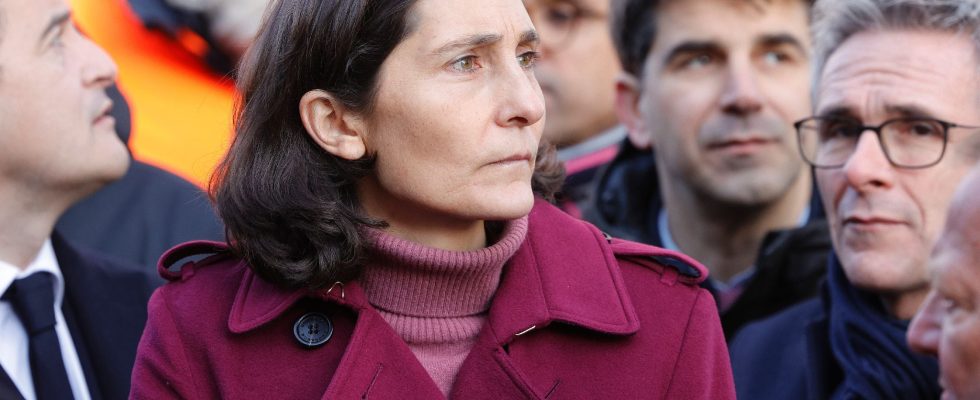This is called a false start. Barely appointed, the new Minister of National Education, Amélie Oudéa-Castéra, will have succeeded in alienating most of the educational community. On January 12, this former executive of the Axa group and Carrefour, who was also a magistrate at the Court of Auditors, confirmed having sent her children to school at Stanislas, one of the temples of the Parisian elite. A personal decision that is his. But the new host of Rue de Grenelle continued with the reasons for her choice, highlighting “the bundles of unreplaced hours” in the public. Which immediately provoked the ire of part of the teaching world denouncing a fallacious motive.
The motivations put forward by the thousands of families who turn to the private sector each year are diverse: religious convictions, search for a welcoming environment, a peaceful climate, avoidance of “ghetto” schools or colleges, adherence to certain educational methods, etc. But, contrary to some preconceived ideas, the teaching provided there is not necessarily better than in the public sector. One of the “advantages” of contract establishments is above all being able to select their students as they wish. The colleges in question enroll less than 17% of students from disadvantaged social origins and concentrate 40% of very advantaged students. While in the public, the proportions are reversed. These disparities are all the more questionable given that the private sector under contract is 75% financed by communities and the State.
This social fragmentation, which encourages social interaction and fuels a two-tier school, undermines the promise of the republican school which is to offer the same learning conditions to all students. To the point of fueling a new school war? Today, almost one in two parents uses private education at one point or another during their child’s education, so we understand why politicians on both the right and the left approach this highly explosive subject with a grain of salt. But continuing to ignore the crucial question of the necessary social and educational diversity further weakens each year a system which struggles to fight against social determinisms. This very French specificity is regularly highlighted in international rankings.
